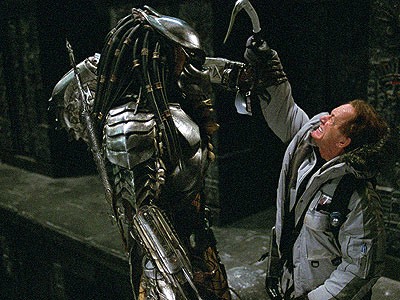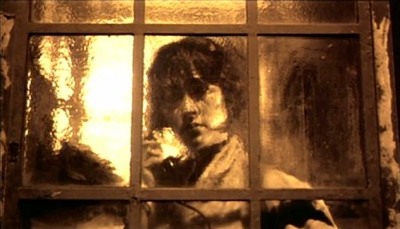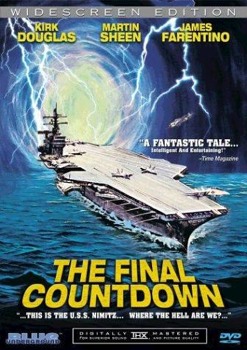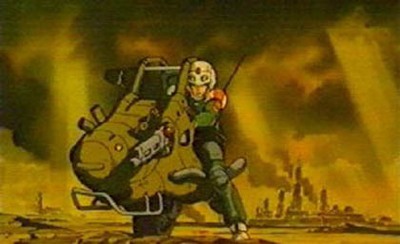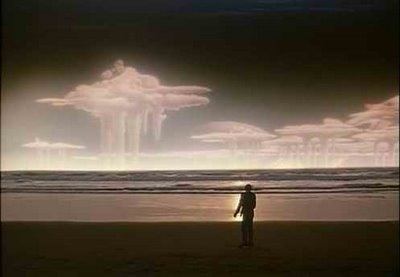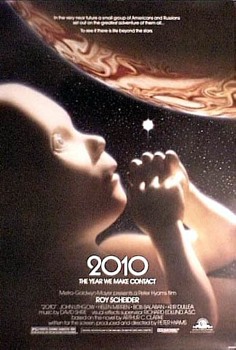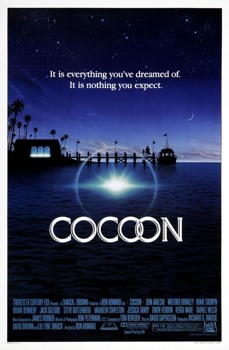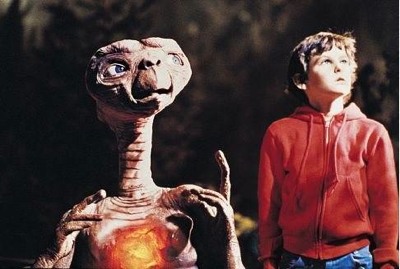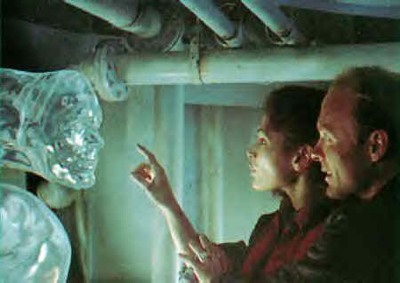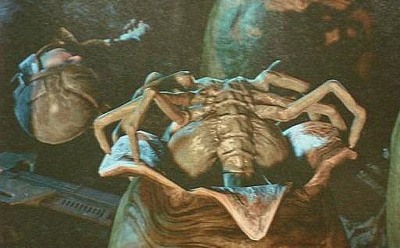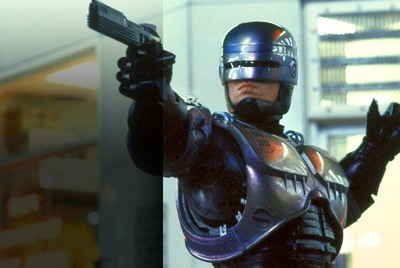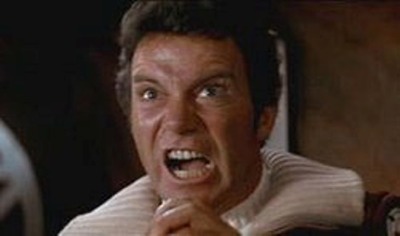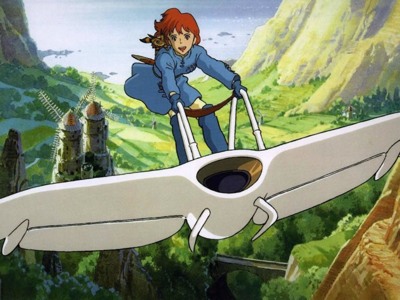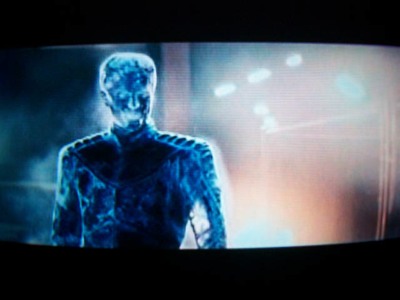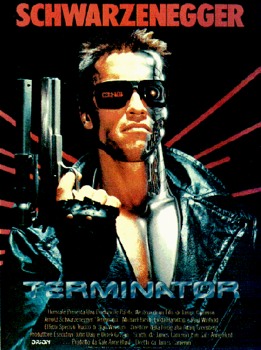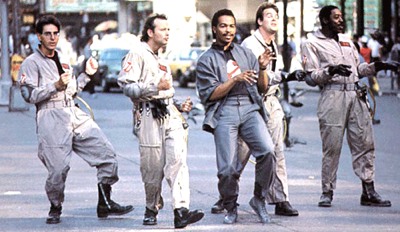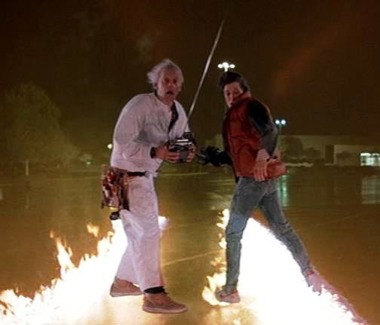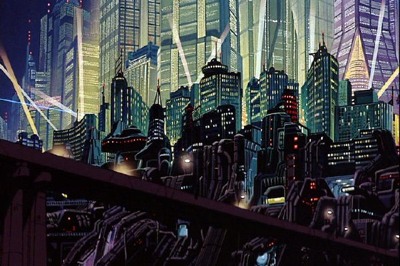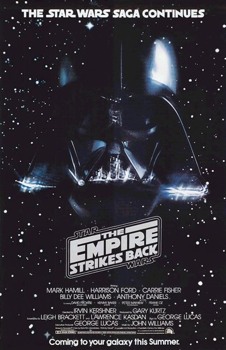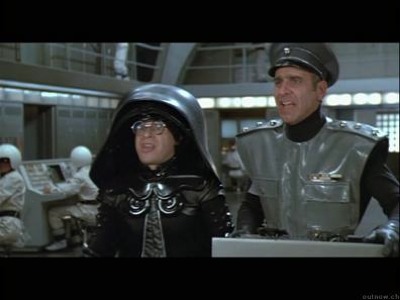 Our World
Our World  Our World
Our World  Crime
Crime 10 Dark Details of the “Bodies in the Barrels” Murders
 Animals
Animals The Animal Kingdom’s 10 Greatest Dance Moves
 Movies and TV
Movies and TV 10 Box Office Bombs That We Should Have Predicted in 2025
 History
History 10 Extreme Laws That Tried to Engineer Society
 History
History 10 “Modern” Problems with Surprising Historical Analogs
 Health
Health 10 Everyday Activities That Secretly Alter Consciousness
 History
History Top 10 Historical Disasters Caused by Someone Calling in Sick
 Animals
Animals 10 New Shark Secrets That Recently Dropped
 Movies and TV
Movies and TV 10 Forgotten Realities of Early Live Television Broadcasts
 Our World
Our World 10 Places with Geological Features That Shouldn’t Exist
 Crime
Crime 10 Dark Details of the “Bodies in the Barrels” Murders
 Animals
Animals The Animal Kingdom’s 10 Greatest Dance Moves
Who's Behind Listverse?

Jamie Frater
Head Editor
Jamie founded Listverse due to an insatiable desire to share fascinating, obscure, and bizarre facts. He has been a guest speaker on numerous national radio and television stations and is a five time published author.
More About Us Movies and TV
Movies and TV 10 Box Office Bombs That We Should Have Predicted in 2025
 History
History 10 Extreme Laws That Tried to Engineer Society
 History
History 10 “Modern” Problems with Surprising Historical Analogs
 Health
Health 10 Everyday Activities That Secretly Alter Consciousness
 History
History Top 10 Historical Disasters Caused by Someone Calling in Sick
 Animals
Animals 10 New Shark Secrets That Recently Dropped
 Movies and TV
Movies and TV 10 Forgotten Realities of Early Live Television Broadcasts
Top 20 Greatest Science Fiction Movies of the 1980s
Action and adventure dominated sci-fi films in the 1980s, thanks in large part to the Star Wars craze. The decade is splattered with many bad films (Masters of the Universe), terrible movies (Superman IV) and unwatchable garbage (Flash Gordon). Even so, finding standouts was easy; narrowing the list to a manageable length was hard. So, to avoid a really long list, I again forced myself to a limit of 20. (Consequently, only one Star Wars and one Star Trek movie are represented here.) And also to keep the list manageable, the films had to be high in quality of writing, story, acting, direction, music, and etc.
Great action flick, great premise, great ending! What starts out as a typical shoot-‘em-up turns into a terrifying game of cat and mouse between Arnie and a high-tech hunter alien. Hey, with the terrific line “I ain’t got time to bleed!” how can you go wrong? ;)
This Danish film is probably pretty obscure for most people, but if you noticed a pattern from my previous sci-fi lists, I have an affinity for movies that explore situations in a future dystopian society. In this intriguing film (a Sundance favorite when it came out) a detective uses controversial methods from his disgraced mentor to track down a serial killer. The world they live in is quite bleak, the detritus of civilization lies all around, and the seasons of the year have disappeared, replaced with ever-changing weather patterns.
A U.S. nuclear aircraft carrier gets caught in a storm that sends the ship and crew back in time—to the day before the Japanese attack on Pearl Harbor. Starring Kirk Douglas, Martin Sheen and the great Charles Durning, The Final Countdown is one of the few truly good films to explore “What if…??”
Largely unknown in the U.S. until the fledgling Cartoon Network aired it frequently in the 1990s, Venus Wars came out on the heels of the awesome Akira. This tale of a war on Venus between the planet’s two nation-states is based on a manga (Japanese comic), as are many anime. Most of the story follows a group of athletes-turned-rebels fighting the invaders of their land, and a reporter from Earth trying to follow the action.
I almost had Jeff Goldblum’s The Fly here, but decided to list The Quiet Earth instead. Both are examples of science gone wrong, but I like New Zealand’s The Quiet Earth better. The movie (based on the novel of the same name) explores how a person can go mad when he realizes he’s the only one left on Earth following a terrible catastrophe that he helped cause. The portrayals of Hobson’s madness and how he pulls back from the brink are both satisfying—especially because the latter happens before Hobson realizes that he’s really not alone. The Quiet Earth ends on an uncertain note (a real WTF?!? moment) that makes you think long after the movie ends.
While nowhere near as grand as its predecessor, 2010 was quite a decent serious sci-fi flick. Nine years after the Discovery mission, a joint US-Soviet mission travels to Jupiter to unravel the mystery of what happened. 2010 diverts significantly from the novel— for example, the script was marred by the unnecessary back story of nuclear tensions between the superpowers—but on the whole, the film was pretty good. The best part is the space walk from the Leonov to the Discovery. John Lithgow as Dr. Curnow all but panics while looking “down” on Jupiter, and the sound—Lithgow’s rapid breathing inside his spacesuit—against this backdrop is just a great piece of filmmaking.
Aliens use a pool as an incubator, which inadvertently rejuvenates several senior citizens out for a swim. It’s actually quite good, and not your typical sci-fi fare. Give it a try. Don’t let Steve Gutenberg scare you away.
I know many people will cry foul that I didn’t place ET higher on the list. I actually didn’t want to list it at all, but I would be remiss in leaving it out because of my personal tastes. Sure, ET has some good moments, like when ET is watching soap operas and drinking beer, and Eliot, who’s away at school, acts out everything ET sees and does. And yes, it’s one of the most praised films of all time. But on the whole, I just don’t like this film. I can’t quite put my finger on it. Maybe it’s because I’m supposed to like it. Perhaps it’s just latent anger over that ridiculous Atari video game. Seriously, though, perhaps it’s the notion that “government scientists” were the bad guys who would swoop in and take poor ET away to an uncertain fate when all the little guy wanted to do was get home. OK, fine, but wouldn’t you think that ANY scientist who learns of an alien would be jumping out of his skin to at least TALK to it? It seems as if Spielberg just had to have bad guys to create some tension; so, he made dopes out of the scientists. (I also don’t like Starman for pretty much the same reasons.)
Navy SEALs join a crew in an experimental underwater oil rig to disarm a sunken nuclear sub. However, the crew keeps running up against NTIs—non-terrestrial intelligences—which live underwater. And a hurricane threatens the vessel their rig is attached to. The Abyss, starring Mary Elizabeth Mastrantonio and Ed Harris, became a better film with the release of the director’s cut: it’s more rounded and has a killer final scene that didn’t make it into the theaters.
Aliens returns Sigourney Weaver’s Ellen Ripley to the planet where the alien was first found—only now, “the corporation” has a colony there. There are more aliens and more scares, more violence, plus several terrific lines. (If you ever wondered where the wailing line “Game over, man! Game over!” came from, this is it.) However, it’s not quite as good as the first movie—if for no other reason than the initial shock of the Alien is gone. But on a personal level, it has the only scene that ever made me jump 10 feet out of my chair in the theaters: The survivors are trapped in the medical center and their alien-detector scanners are going crazy. Aliens are closing in on them from all sides—but they don’t see anything. They panic. Then one marine looks up to the ceiling, pokes his head through the tiles to look around, and…Well, see for yourself.
A cop (Peter Weller) is violently assaulted, leaving his body wrecked and near death. He is rebuilt as a powerful cyborg and continues to fight crime. What makes this movie a truly great flick is not the action but the scene where Robopcop goes to what used to be his home and tries to find (recover?) his lost humanity. Warning: If you haven’t seen this film, be aware that it is graphically violent.
Nicholas Meyer made the best of all the Trek films. In Wrath of Khan, the title character (the incomparable late Ricardo Montablan) does his level best to get revenge upon Kirk for abandoning him some decades earlier. Even though in the ‘70s list I said that the first Trek movie was truer to the Trek spirit, Wrath of Khan is the best one made—especially because it pulls no punches with the ending and has a terrific James Horner soundtrack. The director’s cut, occasionally seen on TV, is actually a better film, because it gives even more depth to Kirk’s character—he’s shown to be entirely fallible—and character is ultimately the key to great Trek.
Internet Movie Database ranks Nausicaa in the top 50 sci-fi films of all time, and the placement is well-deserved. Nausicaa revolves around the title character defending her peaceful valley—and the creatures of the wild—from would-be conquerors. It takes place a millennium after a catastrophic event called “seven days of fire” (a nuclear war? an asteroid strike?) and has heavy environmental themes. Popular and celebrated when released in Japan in 1984, most American audiences never saw the full and unedited movie until 2005.
A primitive man frozen for 40,000 years is brought back to life in this eminently satisfying tale. Iceman is smart, well-played and uplifting. (Fun for anthropologists, too.) For me, it’s a much more satisfying film than the overrated ET, because Iceman **seriously** explores whether the title character is an individual or a lab specimen.
The Terminator is one of the most intriguing films ever made. Sure it’s bloody and over the top in places, but on the whole, Arnie’s first turn as the T-800 made cinema history. In this first movie, a human freedom fighter goes back in time to save the mother of the as-yet unborn resistance leader from the machines’ seemingly unstoppable terminator.
Who you gonna call? It had better be Netflix or some other movie rental business if you’ve never seen this terrific, fun and eminently quotable popcorn sci-fi flick. Bill Murray, Dan Aykroyd and Harold Ramis are at the top of their game as hapless scientists in this ghost-hunting romp. Don’t you ever wish you had an unlicensed nuclear accelerator strapped to your back? Favorite line: well, it’s unquotable on a family site, (but it happens in the mayor’s office right before the climax); so, I’ll give my second favorite: A reporter asks Ray: “I guess you’re the man to ask: How is Elvis and have you seen him lately?”
Fun, fun, fun. What an absolute romp. A teenager accidentally goes back in time and — (gulp) — is hit on by his mom. There are so many “best parts” in this film that it’s hard to pick out even one. My favorite, though, comes when Marty, wearing the radiation suit, goes to see his dad in the middle of the night and scares the beezwax out of him. Michael J. Fox and Christopher Lloyd are excellent. To quote Marty: “Trust me: Your kids are gonna love it.”
A bleak futuristic Los Angeles forms the background of this adaptation of the Philip K. Dick story, “Do Androids Dream of Electric Sheep?” Harrison Ford plays a detective who hunts rogue androids for a living. (I became a fan of Edward James Olmos after seeing this picture and was delighted when he returned to sci-fi in the new Battlestar Galactica.) I’m curious to see what fans think of the two versions. Is Blade Runner a better film with or without Rick Deckard’s narration? What about the “happy” ending?
The incredible film that made anime a household word, Akira is the granddaddy of all Japanese anime. It’s intense. It’s thrilling. It’s mindboggling. It’s … kind of gross in a couple of places. Akira’s influence cannot be underestimated, and it deserves its reputation. Ten years after a nuclear devastation, the head of a biker gang in Neo Tokyo (Kaneda) watches as his friend Tetsuo slowly unravels while his mind powers increase fantastically. Not a movie for the faint of heart, but Akira is absolutely unforgettable.
Would you expect a Star Wars nerd to place any other 1980s’ sci-fi film at the top of this list? I’m sure many will disagree with my choice, and that’s fine. Have at it! (In fact, I almost placed Empire behind Akira and Blade Runner.) George Lucas outdid himself in this sequel, and also did something very gutsy: He made the ending a cliffhanger. John Williams’ score is, IMHO, the greatest movie soundtrack ever and a masterpiece on par with Beethoven’s Fifth. I still thrill to the sight of those lumbering AT-ATs attacking Echo Base. The F/X of the much-maligned prequel trilogy is of course much better, but Empire is the heart of the entire saga.
For all of you who complained that I left Spaceballs off my list of great Star Wars spoofs (I beg your forgiveness!), here you go. Regardless, Mel Brooks’ satire of the whole Star Wars phenomenon is superior in just about every way to the “Epic Movie” and “Date Movie” spoof-schlock of the present day. May the schwartz be with you!
Notable omissions: Tron; Superman II (I really don’t like this film, and the director’s cut, while interesting, is still an unfinished film); Buckaroo Banzai (it’s OK, but not that great); 1983’s Wargames (which was included on my nuclear war films list); The Road Warrior and Mad Max 3; The Last Starfighter; Weird Science; The Fly; and The Thing.
Contributor: STL Mo
